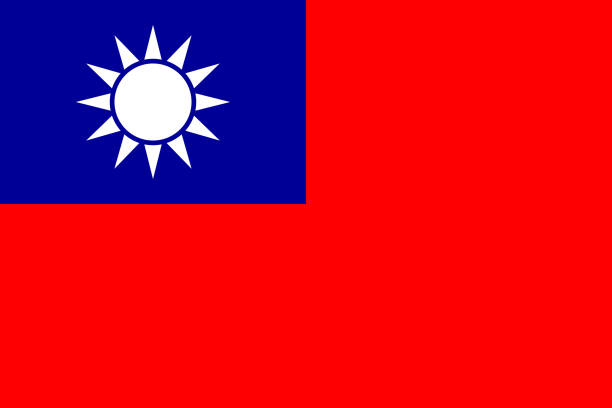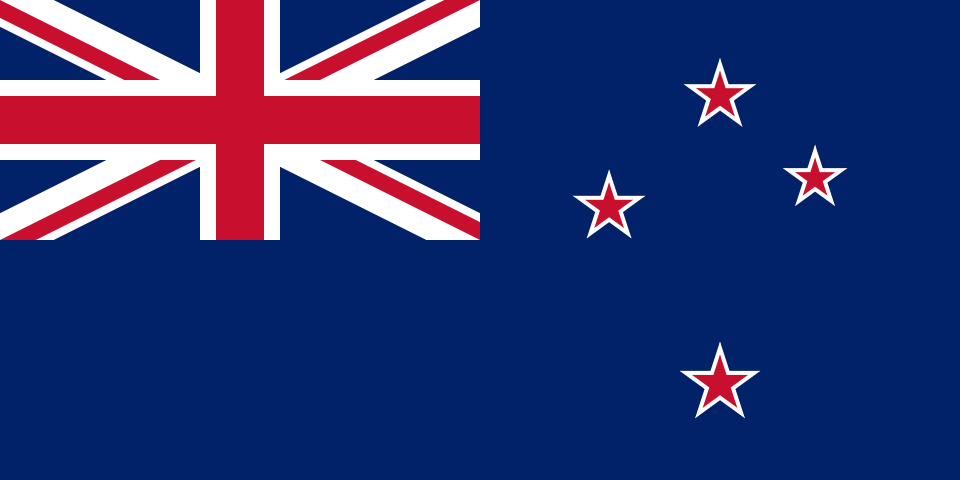Overview
The Ministry of Manpower (MOM) is the Singapore government ministry in charge of labor and employment matters. It is the lead agency that formulates and enforces policies related to the workforce, including employment standards, workplace safety and health, manpower development, and the management of foreign labor. MOM’s mission can be summarized as promoting a robust, inclusive and future-ready workforce and workplace environment in Singapore . The ministry works closely with both employers (business community) and employees (often represented by unions) – this tripartite partnership is a hallmark of Singapore’s manpower governance.
Established in its current form in 1998 (when it was reconstituted from the former Ministry of Labour), MOM has several statutory boards under it, such as the Central Provident Fund Board and Workforce Singapore, which handle specialized aspects of its overall mission.
Key Functions and Departments
MOM’s scope is broad. Major areas of responsibility include:
• Employment Practices and Labour Relations: MOM sets and enforces the basic employment laws like the Employment Act (discussed above). It ensures that employers meet minimum employment standards (payment of salary, leave entitlements, etc.) and that disputes between employers and employees are managed fairly. MOM also champions fair and progressive employment practices (e.g., through the Tripartite Alliance for Fair Employment Practices, TAFEP). Ensuring fair treatment, non-discrimination, and good employer practices falls here.
• Foreign Workforce Management: Singapore relies on foreign manpower in various sectors. MOM regulates this via the work pass system. It administers Employment Passes, S Passes, Work Permits and related passes, setting the qualifying criteria and quotas. MOM also sets policies like the Dependency Ratio Ceilings (for lower-skilled Work Permit holders) and levies, to calibrate the inflow of foreign workers. For higher-skilled foreign talent, MOM manages schemes like the EP and oversees frameworks such as COMPASS to ensure complementarity. Additionally, MOM runs the Work Pass Division which handles the issuance, renewal, and cancellation of passes, and the enforcement division that cracks down on illegal employment or work pass abuses.
• Workplace Safety and Health (WSH): MOM is the authority for occupational safety, health standards, and well-being at work. It enforces the Workplace Safety and Health Act. Through the Occupational Safety and Health Division, MOM conducts workplace inspections, investigates accidents, and issues regulations to ensure safe working conditions (especially in higher-risk industries like construction, manufacturing, marine). The ministry’s vision in this area is often “Safe and Healthy workplaces for everyone” with a goal to reduce workplace fatalities and injuries.
• Manpower Planning and Policy: MOM studies labor market trends and formulates strategies for manpower development. This covers local workforce upskilling, encouraging productivity improvements, and working with other agencies on economic transformation. While agencies like SkillsFuture and Workforce Singapore drive training programs, MOM provides the overall policy direction and funding for many such initiatives (like SkillsFuture mid-career support, adaptation of workers to new job roles in a changing economy, etc.).
• Social Security and Welfare (via Statutory Boards): The Central Provident Fund Board (CPFB) is under MOM’s purview, meaning MOM oversees policies on CPF – ensuring retirement adequacy, tweaks to CPF contribution rates, new schemes (like CPF LIFE annuity) all involve MOM’s input. Another statutory board, Workforce Singapore (WSG), focuses on employment facilitation (job matching, career services) and unemployment support (though Singapore doesn’t have unemployment insurance, WSG runs re-employment programs and some temporary financial support grants).
• Tripartite Engagement: MOM plays a central role in the tripartite system, collaborating with the National Trades Union Congress (NTUC, the major trade union federation) and the Singapore National Employers Federation (SNEF). Together, they form tripartite committees and workgroups to resolve labor issues, issue guidelines (like the Tripartite Guidelines on Fair Employment), and set annual wage guidelines via the National Wages Council. MOM often chairs or facilitates these dialogues, ensuring that policies are acceptable to both employers and workers. The Tripartite Alliance Limited (TAL), which houses TAFEP and the Tripartite Alliance for Dispute Management (TADM), is supported by MOM to implement fair employment and dispute resolution on the ground.
Services and Outreach
MOM provides many services directly to the public and companies:
• Work Pass Services: Through its customer service centres and online portals (e.g., EP Online, WP Online, myMOM Portal), MOM processes thousands of work pass applications and renewals. It also provides advisories on hiring practices and fair consideration requirements.
• Advisory and Enforcement: MOM inspectors and advisors help educate employers on their obligations. At the same time, MOM investigates complaints from employees – such as salary non-payment or unfair dismissal – and can take action against errant employers. The ministry’s Workright initiative, for example, proactively checks that vulnerable workers (like cleaners or low-wage workers) receive proper CPF contributions and statutory entitlements.
• Foreign Worker Housing and Well-being: Beyond just giving permits, MOM also regulates foreign worker dormitories (large worker housing must be licensed) and sets minimum standards for their living conditions. This became particularly visible during the Covid-19 pandemic when MOM had to manage outbreaks in dormitories and ensure the welfare of migrant workers.
• Public Employment Services: Through partnerships (like with WSG and NTUC’s Employment and Employability Institute, e2i), MOM helps local jobseekers find jobs and encourages employers to consider locals first. Initiatives like career fairs, jobs transformation maps for industries, etc., involve MOM’s policy guidance.
Significance and Vision
MOM’s overarching goal is to build a future-ready workforce and cohesive labor environment in Singapore . Singapore’s economic success is tightly linked to its labor policies — the ability to attract talent worldwide while also nurturing local human capital, maintain harmonious labor relations (Singapore has very few strikes or industrial actions, thanks in part to MOM’s tripartite model), and ensure that workplaces remain safe and progressive.
The ministry has to constantly balance competitiveness with social protection: for instance, calibrating how many foreign workers to allow (to keep Singapore open and competitive) versus how to upgrade local worker skills and careers (to ensure Singaporeans are not left behind and continue to have good jobs). Policies like the Progressive Wage Model, Fair Consideration Framework, and expansion of employment rights all show MOM’s role in adjusting this balance over time.
In recent years, MOM has emphasized issues like workplace inclusivity (pushing initiatives for women to return to work, for older workers to be retained beyond retirement age, for flexible work arrangements to support work-life harmony) and dealing with the gig economy (with new laws like the Platform Workers framework to give basic protections to gig delivery and ride-hailing workers). This highlights MOM’s adaptive role as new labor trends emerge.In summary, the Ministry of Manpower is the steward of Singapore’s labor force. Its policies touch every employer and employee – from the cleaner in an SME to the CEO of a multinational. By championing human potential and fostering a thriving workforce through progressive policies , MOM underpins both Singapore’s economic vitality and the well-being of its people in the working world.







